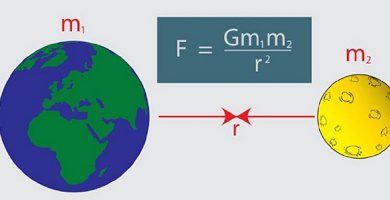What is a checking account?
We explain what a checking account is, what it is for and the requirements to have one. In addition, its difference with a savings account.
-
What is a checking account?
It is known as a checking account (abbreviated: cta. Cte .) To a bank contract that allows the account holder to enter funds and dispose of them effectively, through various products such as checkbooks, checks, ATMs, bank windows or electronic transfers, but that at the same time does not generate any type of interest in favor of his person.
A checking account allows the user to dispose of their money, buy, pay taxes and make payments for other types of services of the bank itself , being its main income account.
Debit cards, credit cards, electronic wallets and other products are usually associated with it. Usually, when a loan is contracted, their fees are paid through discounts on a checking account.
Various requirements are usually required for opening a checking account , usually greater than a simple savings account , such as salary checks, credit record revisions, etc. And often the financial institution requires a minimum opening amount , if not a minimum balance (not to pay maintenance amount).
In some countries, such as Argentina, the different current account is understood: as an open credit line in favor of the client, which can be available up to a maximum amount, as long as you pay the debt due the following month without fail.
-
What is a checking account for?

As mentioned, a checking account is a tool to more readily dispose of the money entered , which is usually accompanied by instruments such as checkbooks or credit cards.
Since a current account does not generate interest in favor of the user , it is usually understood not as a savings deposit, but as money destined for daily use, that is, an account in which money will enter and leave regularly, from which will deduct loans, taxes , etc.
-
Difference between checking account and savings account

Savings accounts, unlike current accounts, are simpler financial instruments : bank deposits in which money is deposited that will be poorly mobilized (or less than in the current, at least), and therefore destined to grow.
By having a simpler process than a checking account, savings accounts do not receive financial instruments such as credit cards or checkbooks (usually only a debit card) since their purpose is the accumulation of capital ; for that same reason they generate a certain monthly percentage of interest in favor of the holder, deposited at the end of the month in the account itself.





